Burundi has announced a major government reshuffle following the swearing-in of the new Prime Minister, Nestor Ntahontuye, on Tuesday. The new cabinet, made up of 13 ministers instead of the previous 15, introduces 10 fresh faces while retaining only three ministers from the outgoing administration.
Lyduine Baradahana remains Minister of Public Health, François Havyarimana continues as Minister of Education and Scientific Research, while Marie Chantal Nijimbere has been moved from Minister of Trade and Industry to Minister of National Defense — a post never held before by a woman in Burundi.
Among the new appointees is Léonidas Ndaruzaniye, a retired high ranking police officer and former governor of the former Ngozi province (now part of Butanyerera). He takes over the Ministry of Interior, previously headed by Martin Niteretse, who was recently elected as a Member of Parliament.
Calinie Mbarushimana, a former governor of Karusi province(now part of Gitega Province) and permanent secretary at the Ministry of Interior and Community Development, has been named Minister of Agriculture. Arthémon Katihabwa will head the Ministry of Justice, Human Rights, and Gender, while Édouard Bizimana becomes Minister of Foreign Affairs and Development Cooperation.
Alain Ndikumana, a statistician-economist and former head of the Strategic Studies and Development Office in the Presidency, takes charge of the Ministry of Finance and Digital Economy—a newly expanded portfolio introducing a digital economy focus.
Gabriel Nizigama has been appointed Minister of Public Service. Jean-Claude Nzobaneza will oversee Infrastructure and Transport, while Lydia Nsekera, former president of the National Olympic Committee and ex-head of Burundi’s Football Federation, becomes Minister of Youth and Sports.
The Ministry of Mineral Resources, Energy ,Industry ,Trade and Tourism will now be led by Hassan Kibeya, and Gabby Bugaga, previously an electoral commission official, will manage the Ministry of Communication and Media.
The cabinet has been reduced from 15 to 13 ministries. The Ministry of Trade and Industry as previously structured has been dissolved and merged into other portfolios, while the former Ministry of Solidarity, Human Rights, Social Affairs, and Gender — led by Imelde Sabushimike, now elected senator — has also been dismantled, with its responsibilities redistributed.

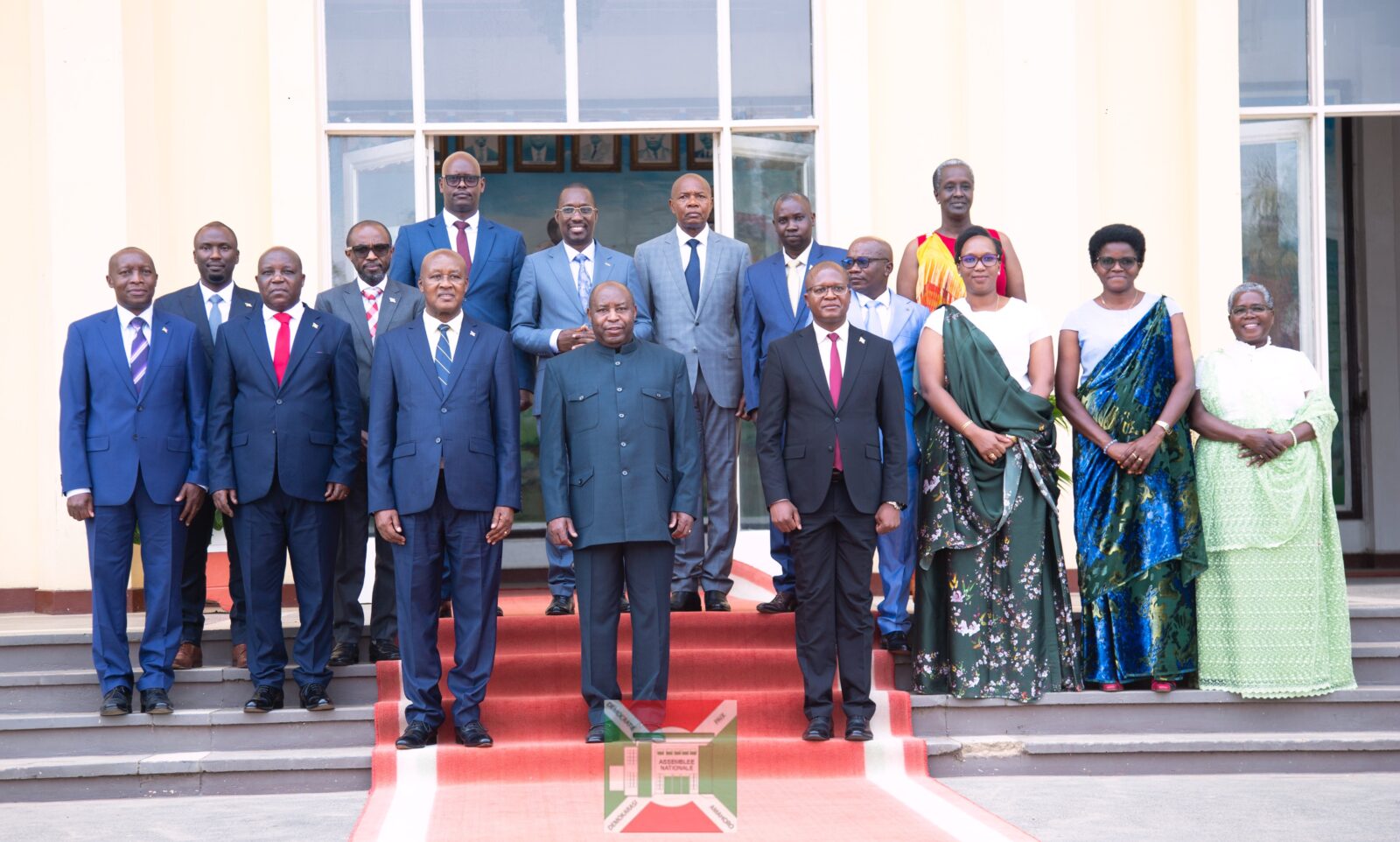

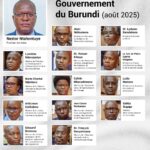
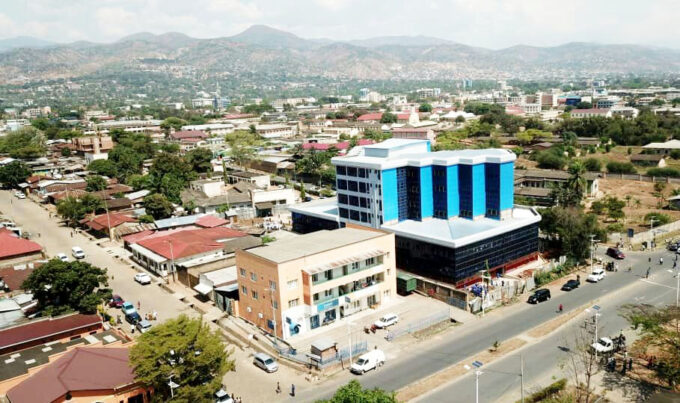
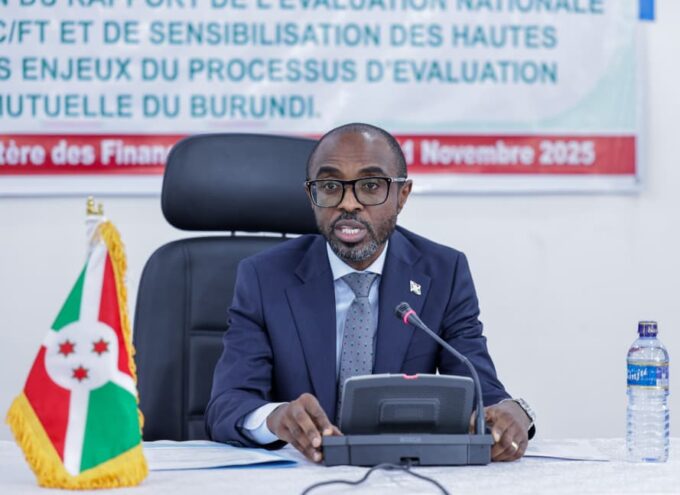

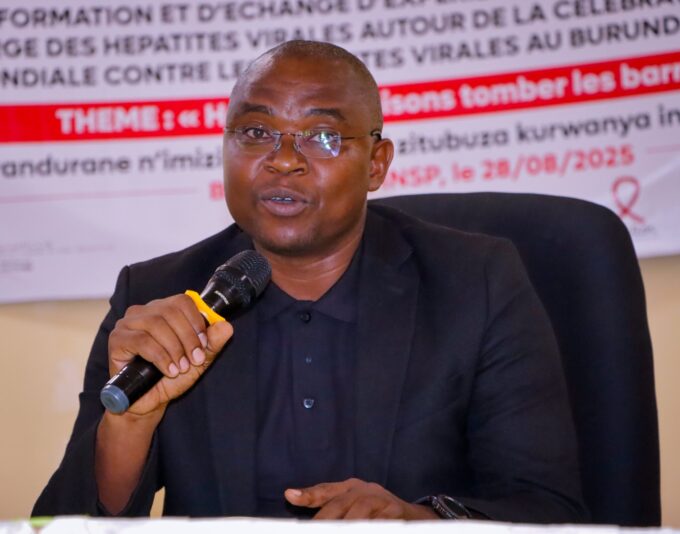
Leave a comment